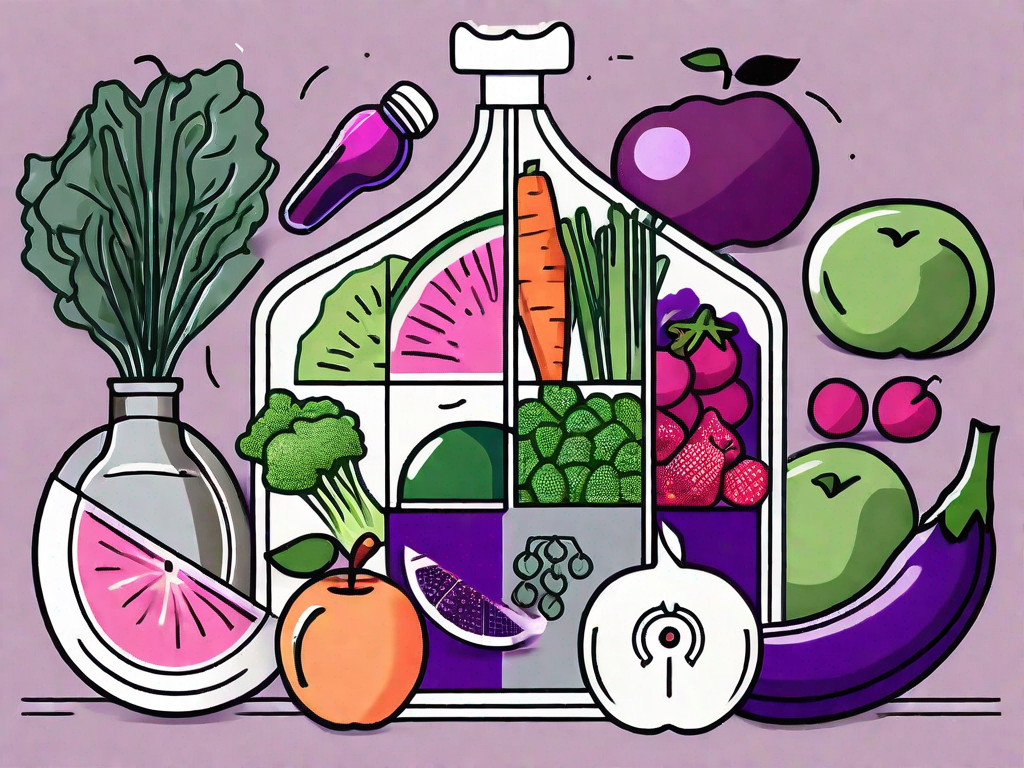This article emphasizes the power of lifestyle choices in preventing cancer, highlighting the importance of nutrition, exercise, stress management, avoiding risk factors, and considering alternative treatments. A protective diet rich in fruits, vegetables, whole grains, and lean proteins provides essential nutrients that combat free radicals, while limiting processed foods and red meat reduces cancer risk. Regular physical activity strengthens the immune system and aids in maintaining a healthy weight, crucial for reducing cancer susceptibility. Stress management techniques like meditation and deep breathing exercises help lower the risk by strengthening the immune system. Recognizing and eliminating lifestyle hazards, such as smoking and excessive alcohol consumption, further diminish cancer risk. Additionally, alternative treatments like acupuncture and herbal medicine offer complementary approaches to prevention. By integrating these strategies, individuals can significantly enhance their overall well-being and actively reduce their cancer risk, underscoring the article’s message that proactive lifestyle changes are key to cancer prevention.
In the quest for cancer prevention, lifestyle choices play a pivotal role. The good news is that there are steps you can take to reduce your risk and empower yourself to live a healthier, cancer-free life. By making simple lifestyle changes, you can significantly improve your overall well-being and lower your chances of developing cancer. In this article, we will explore the importance of nutrition, regular exercise, stress management techniques, avoiding risk factors, and alternative treatments in comprehensive cancer prevention.
Nutrition and Cancer Prevention: Building a Protective Diet
One of the most important factors in cancer prevention is the food we eat. A healthy, well-balanced diet can provide essential nutrients that help safeguard against cancer. To build a protective diet, focus on consuming a variety of fruits, vegetables, whole grains, and lean proteins. These foods are rich in vitamins, minerals, and antioxidants that can combat harmful free radicals in the body. Additionally, limiting processed foods, sugary snacks, and red meat can also reduce your risk of developing certain types of cancer.
When it comes to cancer prevention, the power of nutrition lies in the synergy of various nutrients working together. It’s important to remember that no single food or nutrient can prevent cancer on its own. Rather, it’s the combination of these nutrients that offers the greatest cancer protection. For example, fruits and vegetables contain a wide array of vitamins, minerals, and phytochemicals that work together to support the body’s defense mechanisms against cancer.
Let’s take a closer look at some of the key nutrients found in a protective diet. Fruits and vegetables, particularly those with vibrant colors like oranges, berries, and leafy greens, are packed with antioxidants such as vitamin C, vitamin E, and beta-carotene. These antioxidants help neutralize free radicals, which are unstable molecules that can damage DNA and potentially lead to cancer.
Whole grains, such as brown rice, quinoa, and whole wheat bread, are another important component of a cancer-preventive diet. They are rich in fiber, which not only aids in digestion but also helps regulate blood sugar levels and promote a healthy weight. Maintaining a healthy weight is crucial for cancer prevention, as obesity is a risk factor for several types of cancer, including breast, colorectal, and pancreatic cancer.
In addition to fruits, vegetables, and whole grains, lean proteins are also essential for a protective diet. Opt for lean sources of protein such as skinless poultry, fish, legumes, and tofu. These protein sources provide important amino acids that support cell growth and repair. They also contain less saturated fat compared to red meat, which has been linked to an increased risk of certain cancers.
While incorporating these cancer-preventive foods into your diet, it’s equally important to limit the consumption of processed foods, sugary snacks, and red meat. Processed foods often contain high levels of sodium, unhealthy fats, and added sugars, which can contribute to inflammation and increase the risk of cancer. Red meat, especially when processed or charred, has been associated with an increased risk of colorectal and pancreatic cancer.
By embracing a diverse range of healthy foods, you can provide your body with the tools it needs to fight off potential cancer cells and maintain a strong immune system. Remember to also stay hydrated, as water is essential for overall health and helps flush out toxins from the body. Additionally, engaging in regular physical activity and avoiding tobacco and excessive alcohol consumption are crucial lifestyle factors that can further reduce your risk of cancer.
Active Living: The Role of Regular Exercise in Reducing Cancer Risk
Incorporating regular physical activity into your daily routine is another vital step in comprehensive cancer prevention. Exercise not only helps you maintain a healthy weight but also strengthens your immune system and improves your overall well-being. Aim for at least 150 minutes of moderate-intensity exercise or 75 minutes of vigorous-intensity exercise per week.
Physical activity comes in many forms, so find an activity you enjoy and make it a part of your lifestyle. Whether it’s walking, jogging, swimming, or dancing, the important thing is to get your body moving. Additionally, strength training exercises can help build muscle mass and enhance bone density, further reducing the risk of certain cancers.
Stress Management Techniques: Their Impact on Cancer Risk Reduction
Chronic stress can take a toll on both our mental and physical health. Research has shown that long-term stress may weaken the immune system and increase the risk of cancer. Therefore, finding ways to manage stress is crucial in comprehensive cancer prevention.
There are various techniques you can incorporate into your daily life to reduce stress levels. Meditation, deep breathing exercises, and yoga can help calm the mind and promote relaxation. Engaging in hobbies, spending time with loved ones, and seeking support from a therapist or support group are also effective ways to cope with stress. By actively managing stress, you can create a more peaceful and balanced life, reducing your vulnerability to cancer.
Avoiding Risk Factors: Understanding and Eliminating Lifestyle Hazards
It’s essential to be aware of potential risk factors that can increase your chances of developing cancer. Smoking, excessive alcohol consumption, and exposure to harmful chemicals or radiation are all significant risk factors. By understanding these hazards, you can take steps to eliminate them from your life.
If you are a smoker, quitting smoking is one of the best things you can do to reduce your risk of cancer. Seek support from healthcare professionals, join smoking cessation programs, and find alternative ways to cope with cravings. Similarly, limiting alcohol intake and being cautious about exposure to environmental toxins can significantly decrease your cancer risk.
Exploring Alternative Treatments for Cancer Prevention
While traditional cancer treatments are essential, alternative treatments and therapies can also play a role in comprehensive cancer prevention. These can include practices such as acupuncture, herbal medicine, and massage therapy.
It’s important to approach alternative treatments with an open mind and consult with healthcare professionals before embarking on any new therapies. Integrating these treatments with standard cancer care can provide a holistic approach to prevention and overall well-being.
In conclusion, empowering yourself with knowledge and making positive lifestyle changes can go a long way in comprehensive cancer prevention. By adopting a protective diet, incorporating regular exercise, managing stress, avoiding risk factors, and exploring alternative treatments, you are taking proactive steps towards a healthier future. Remember, small changes can make a big difference, and each positive choice you make brings you closer to a life free from cancer.






